Newsletter February 2022 - Why Menlo Ventures Invested in Julia Computing
Why Menlo Ventures Invested in Julia Computing: Menlo Ventures investor Tim Tully explains Why Menlo Ventures Invested in Julia Computing: “Julia, the “Ju” in Jupyter, is a programming language that will soon be the standard in scientific computing, replacing MATLAB and R, but is also popular on the server due to speed, multiple dispatch/type system, as well as a vast set of libraries that aid rapid application development. Julia Computing is not just the main team behind the language, but they’ve just as importantly built a robust development and deployment platform for developers, providing a cloud deployment layer to run large apps at scale in an optimized Julia environment. Solving the two-language problem at 10–100x the speed of Python using multiple dispatch with static type speed, yet really dynamically typed at its core.”
Performance Comparison of Algorithms Identically Implemented Across Languages Lower Is Better, Baselined Against C at 10⁰

SciMLCon 2022: The first annual SciMLCon takes place online March 23. Participation is free but registration is required. Click here for more information and to register.

Free Webinars from Julia Computing: Register today to participate in a free one hour Webinar from Julia Computing.
End-to-End Machine-Learning Workflow Using Julia: Learn how a complete machine-learning project can be built using Julia. Key steps from data ingestion to deployment as a web service will be covered, including preprocessing and hyper-parameter search. Special attention will be put on building a reproducible process and taking advantage of distributed computing to accelerate model discovery.
Accelerating Functional Mock Up Models: Learn how to use Dyad (Formerly JuliaSim)’s Functional Mock-Up Unit (FMU) Accelerator to automatically parallelize and accelerate complex modeling.
| Webinar | Presenter | Length of Webinar | Date | Time | Registration Link | Cost |
| End-to-End Machine-Learning Workflow Using Julia | Jeremie Bouchard, Julia Computing | 1 hour | Thu Feb 17 | 12 noon - 1 pm Eastern (US) | Register | Free |
| Accelerating Functional Mock Up Models | Jacob Vaverka, Julia Computing | 1 hour | Thu Feb 24 | 12 noon - 1 pm Eastern (US) | Register | Free |
Julia = Speed + Efficiency: The Computer Language Benchmarks Game (CLBG) has been updated. Julia excels on both speed and compressed code size.
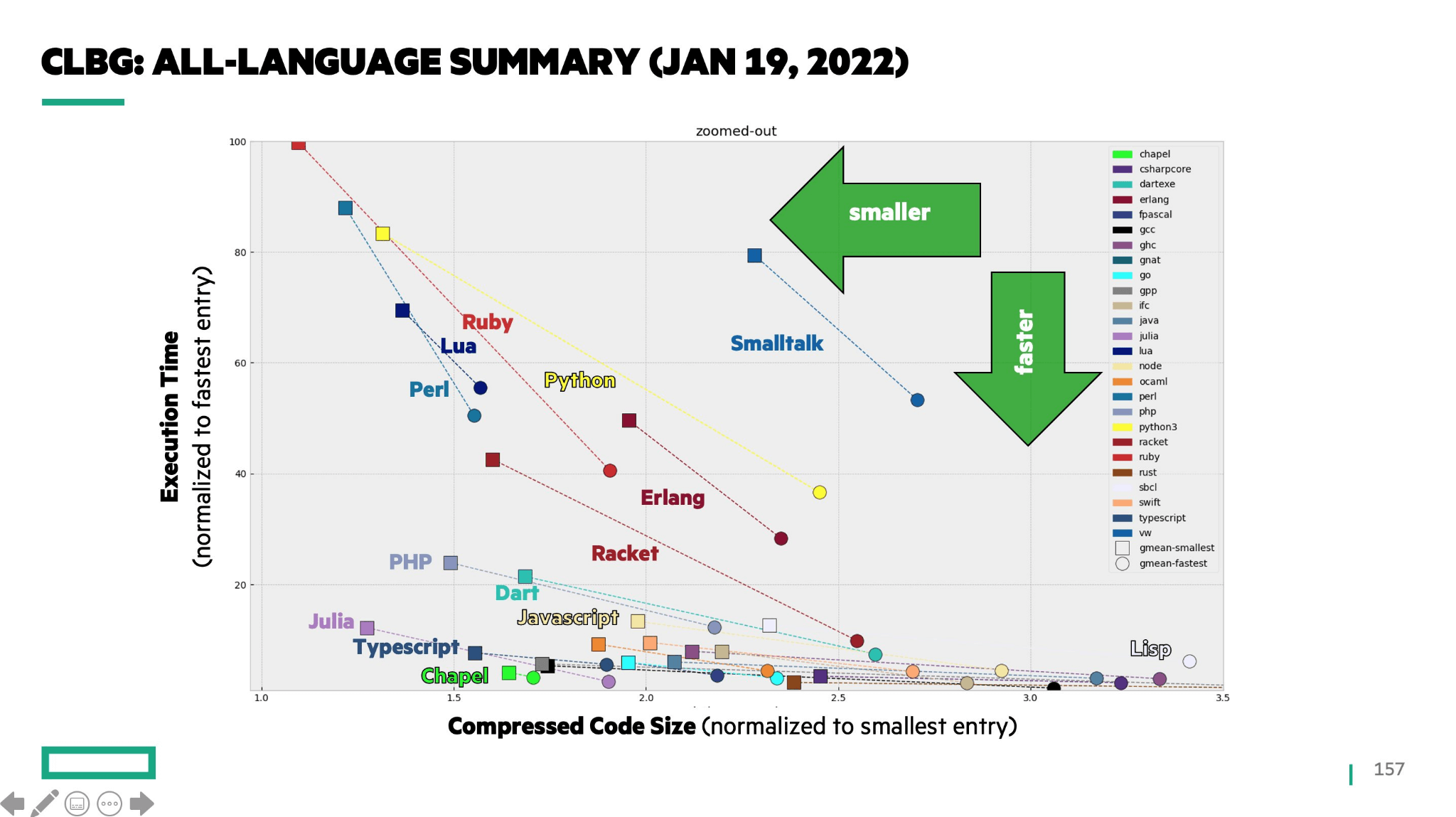
New Julia Benchmarks: Chris Rackauckas (Julia Computing, Pumas-AI, MIT, SciML) has published new Julia benchmarks in ODE Solver Multi-Language Wrapper Package Work-Precision Benchmarks (MATLAB, SciPy, Julia, deSolve (R)). Julia is fastest - faster than MATLAB, SciPy and deSolve (R).
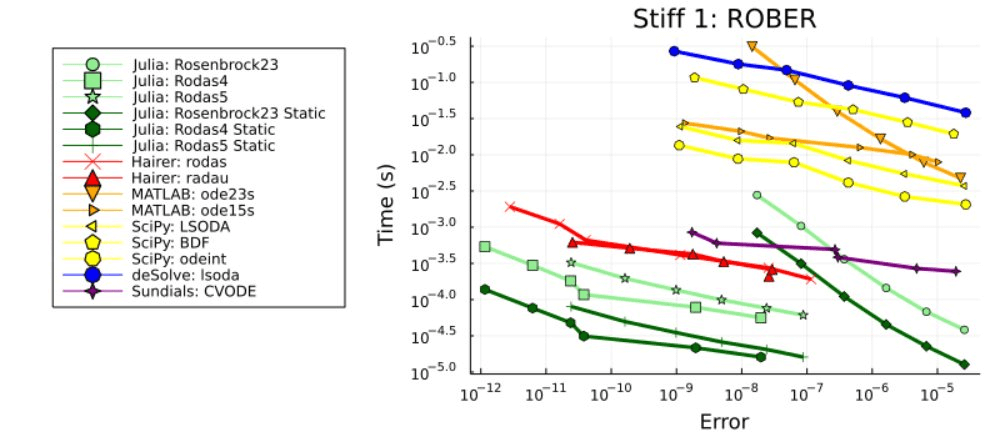
Facebook Chief AI Scientist Yann LeCun Identifies Julia as Possible AI Language of the Future: During Facebook’s PyTorch Turns 5! Webcast, Facebook CTO Mike Schroepfer asked Chief AI Scientist Yann LeCun about the future of AI and what we can expect 5 years from now. LeCun said “Julia is making progress. Now there is a lot of support for tensors, very similar to PyTorch and automatic differentiation … particularly in scientific computing ….” Click here to watch the full video.
Talk Julia Podcasts: Hosts David Amos and Randy Davila produce a weekly Talk Julia podcast. Episodes include:
-
Episode 1: Welcome to Talk Julia! Jan 2
-
Episode 2: Jumping Into Julia From Another Programming Language Jan 7
-
Episode 3: Penguins, Packages, and Polluting Namespaces Jan 14
-
Episode 4: The Julia Language is Music to Our Ears Jan 21
-
Episode 5: Functions, Methods, Structs, and Style Guides Jan 29

CUDA.jl 3.8: CUDA.jl 3.8 is now available. This blog post from Tim Besard (Julia Computing) highlights new features to improve performance and productivity including “direct copies between devices, better performance by preserving array index types and changing the memory pool, and a much-improved interface to the compute sanitizer utility.”
New JuliaHub Release: The latest JuliaHub release, v5.5.1, is now available. Click here for more information.
OpenSMILES.jl: The new release of OpenSMILES.jl, the OpenSMILES parser in Julia, is available now. Click here for more.
New Julia Blog Posts and TwitterSpace from Logan Kilpatrick, Julia Community Manager: Julia Community Manager Logan Kilpatrick brings us new blog posts and a TwitterSpace on How to Get a Job Programming in Julia.
-
How to Get a Job Programming in Julia (the Fastest Growing Language) - Blog and TwitterSpace
Dabbling Doggo’s Julia for Talented Amateurs: Looking for a fun introduction to Julia? Dabbling Doggo’s Julia for Talented Amateurs YouTube channel includes games, stats, plotting, database, GUI programming and more.
Integrating Quantitative Systems Pharmacology and Machine Learning: Two Heads Are Better Than One: Current Landscape of Integrating QSP and Machine Learning describes the current state of integration of quantitative systems pharmacology and machine learning. Click here for more.

Differentiable Programming for Oceanography: Patrick Heimbach (UT Austin, MIT) joined This Week in Machine Learning & Artificial Intelligence (TWIML AI) host Sam Charrington to discuss Differentiable Programming for Oceanography. The full podcast is available here.

Julia Data Science (em Português): Julia Data Science by Jose Storopoli, Rik Huijzer and Lazaro Alonso is now available in Portuguese. Click here to purchase.

Julia for Chemistry: PoreMatMod.jl is a new Julia package for in silico post-synthetic modification of crystal structure models. Learn more here.

Fluid Simulation in Julia: Felix Köhler published Jos Stahm’s famous stable fluids algorithm for fluid simulation in Julia using the Fast Fourier Transform. Video and source code are available.
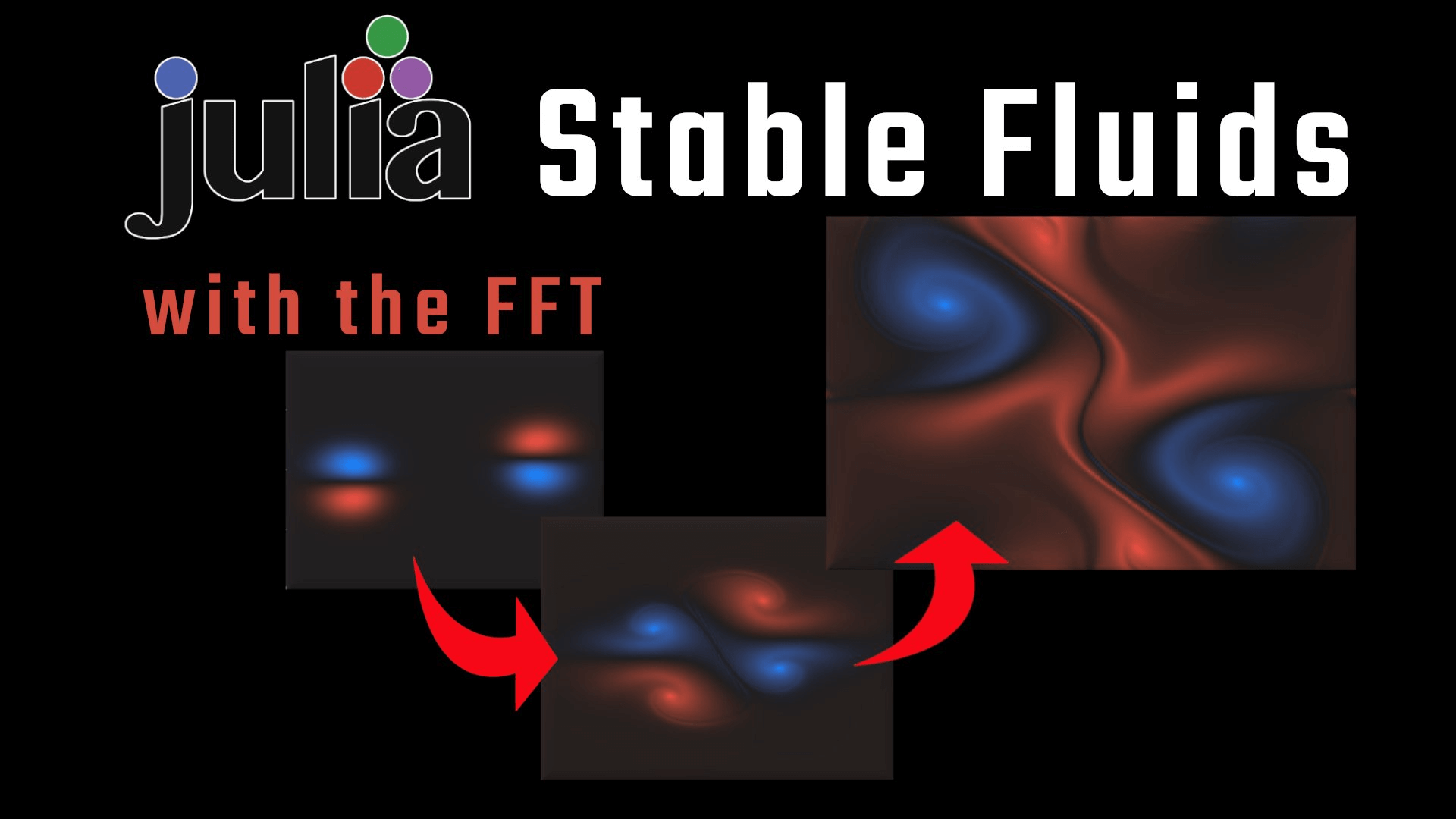
Modeling Crop Disease with Julia: Epicrop.jl translates the EPRICE model from R to Julia. Adam Sparks explains, “It's quite handily faster with the simulations than the R version is.”
Wordle Solvers in Julia: Wordle is the new word game taking the Internet by storm, and has just been purchased by the New York Times. It didn’t take long for the Julia community to begin writing Wordle solvers in Julia.
-
Aditya Sengupta has published a Wordle solver in Julia. The blog post and source code are available here.
-
Perfectionatic’s Wordle solver is available here.
Julia for Economists Bootcamp at Stanford University: Cameron Pfiffer’s Julia for Economists Bootcamp at Stanford University is available for free on YouTube, starting with Session 1: Julia Basics. Click here for more.

New HPC Cluster Seeks Proposals for Julia HPC Projects in Germany: Carsten Bauer is a computational physicist and HPC adviser at PC 2, the Paderborn Center for Parallel Computing. Researchers at German universities are invited to submit proposals for HPC projects.
“Want to perform larger scale Julia computations on a national HPC cluster in Germany? PC 2 (Paderborn Center for Parallel Computing) will soon be inaugurating its new Noctua 2 system and has a new call for proposals where 1000 million CPU-core-hours and >1 million GPU-hours can be awarded in total! PC 2 explicitly sees Julia as an HPC language and tries to provide first-class Julia support (modules are always up to date, we will offer Julia specific trainings, we might even be able to develop Julia HPC tools for you, see e.g. LIKWID.jl). Researchers from universities in Germany can apply for:
-
Large projects (more than 12 million CPU-core hours, apply by February 4th, 2022 12:00 MET)
-
Normal projects (up to 12 million CPU-core hours, apply anytime)
-
Small projects (up to 4 million CPU-core hours, apply anytime)
PC2 has a particular focus on physics and chemistry but researchers from all disciplines may apply. For more details, see https://pc2.de/go/call2022-2.”
Julia for Geostatistical Learning: Researchers Júlio Hoffimann (IMPA), Maciel Zortea (IBM), Breno de Carvalho (IBM) and Bianca Zadrozny (IBM) published Geostatistical Learning: Challenges and Opportunities in Frontiers in Applied Mathematics and Statistics. They “introduce the geostatistical (transfer) learning problem, and illustrate the challenges of learning from geospatial data by assessing widely-used methods for estimating generalization error of learning models, under covariate shift and spatial correlation.”
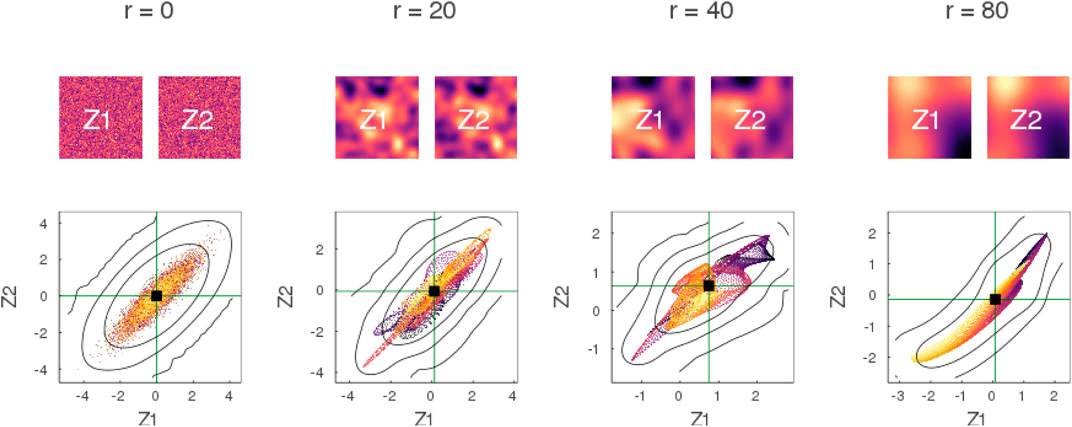
Julia for Nuclear Engineering: Muhammad Ramzy Altahhan is a researcher working on Julia for Enhancing Nuclear Engineering Simulations (JENES). Click here for more.
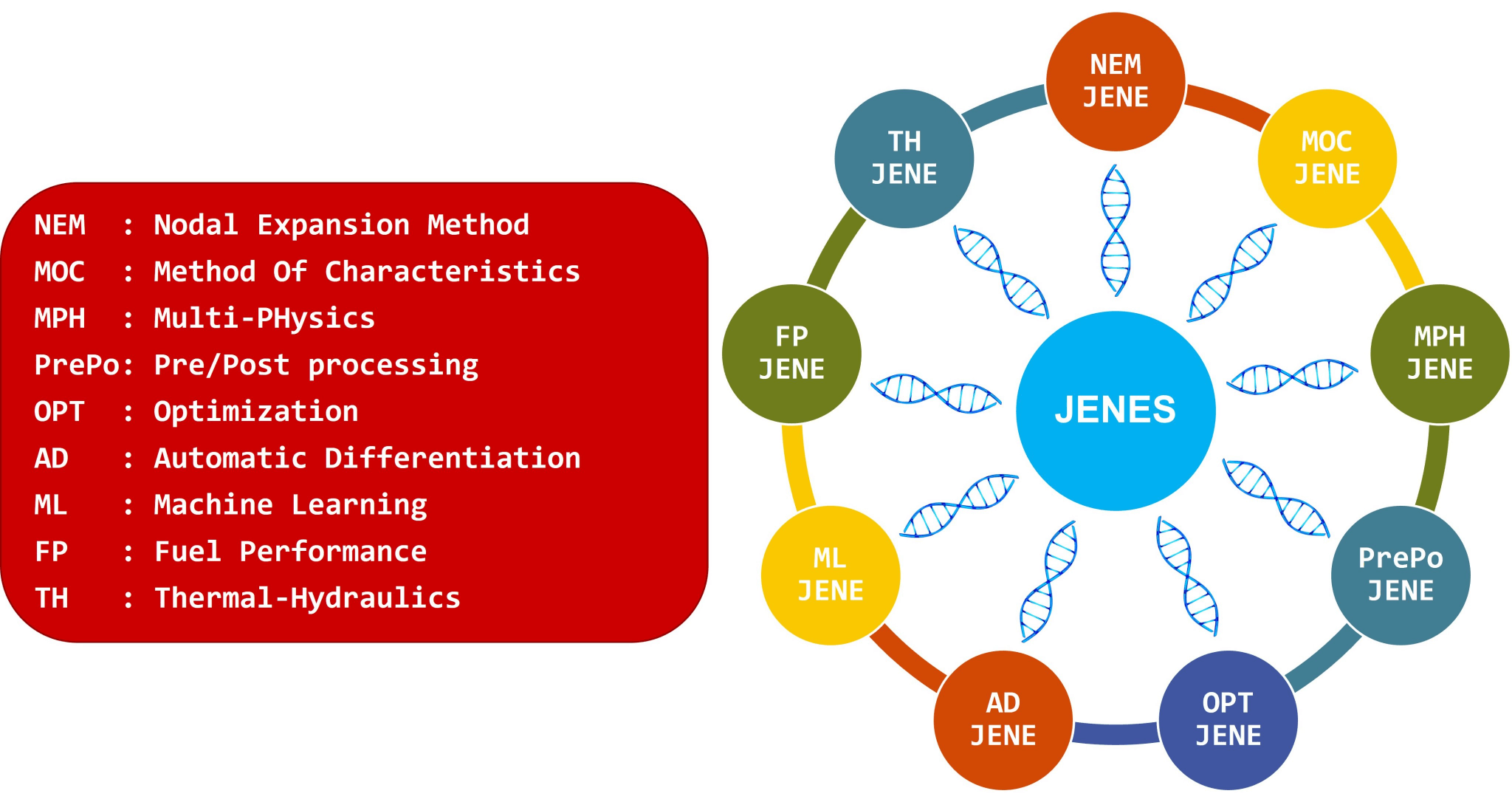
Careers at Julia Computing: Julia Computing is a fast-growing tech company with fully remote employees in 11 countries on 4 continents. Click the links below to learn more about exciting careers and internships with Julia Computing.
Please click here for more information and to apply.
Pumas - Enhanced and In the Cloud: Pumas-AI has launched an enhanced version of Pumas that is readily accessible in the cloud. Pumas is the revolutionary advanced healthcare analytics platform that facilitates quantitative capabilities across the drug development cycle. Designed from the ground up in Julia, Pumas allows users to scale, integrate and accelerate their quantitative scientific activities all under one umbrella. Pumas is a product of Pumas-AI and deployed through the JuliaHub platform from Julia Computing to leverage JuliaHub's ease of use and scalability. Julia Computing is a technology partner and exclusive reseller of Pumas. Click here for more information.

JuliaHub from Julia Computing: JuliaHub is the entry point for all things Julia: explore the ecosystem, build packages and deploy a supercomputer at the click of a button. JuliaHub also allows you to develop Julia applications interactively using a browser-based IDE or by using the Pluto notebook environment and then scale workloads to thousands of cores. Version 5 features a brand new user interface, reduced app startup latency, and many more usability enhancements. JuliaHub is the easiest way to start developing in Julia or share your work using dashboards and notebooks.
More information is available in these two presentations from Dr. Matt Bauman (Julia Computing):

Dyad (Formerly JuliaSim): Dyad is a next generation cloud-based modeling and simulation platform, combining the latest techniques from scientific machine learning with equation-based digital twin modeling and simulation. More information about Dyad (Formerly JuliaSim) is available in this presentation from Dr. Chris Rackauckas.

Converting from Proprietary Software to Julia: Are you looking to leverage Julia’s superior speed and ease of use, but limited due to legacy software and code? Julia Computing and our partners can help accelerate replacing your existing proprietary applications, improve performance, reduce development time, augment or replace existing systems and provide an extended trusted team to deliver Julia solutions. Leverage experienced resources from Julia Computing and our partners to get your team up and running quickly. For more information, please contact us.
Julia and Julia Computing in the News
-
Analytics Insight: Top 10 Programming Languages Best for Big Data Projects
-
Sohu: 开发人员亲自上场:Julia语言搞机器学习和Python 比,哪个好用?
-
Analytics Insight: Ditch the Old: These Are the New Programming Languages of 2022
Julia Blog Posts
-
How to Get a Job Programming in Julia (the Fastest Growing Language) (Logan Kilpatrick)
-
Data Engineering in Julia (Logan Kilpatrick)
-
DifferentialEquations.jl v7: New Linear Solver and Preconditioner Interface
-
CUDA.jl 3.5-3.8 (Tim Besard)
-
Maximising Differential Entropy to Solve Wordle (Aditya Sengupta)
-
Why Menlo Ventures Invested in Julia Computing (Tim Tully)
-
ODE Solver Multi-Language Wrapper Package Work-Precision Benchmarks (MATLAB, SciPy, Julia, deSolve (R)) (Chris Rackauckas)
-
Exploring Wordle With Julia: Part I (Perfectionatic)
-
Expanding WordPress Julia’s GeSHi Syntax Highlighting (Perfectionatic)
-
The Curious Case of Subset Condition (Bogumił Kamiński)
-
Categorical vs. Pooled Arrays (Bogumił Kamiński)
-
Pitfalls of Macro Invocation in Julia (Bogumił Kamiński)
-
My New Big Brain Way To Handle Big Data Creatively In Julia (Emmett Boudreau)
-
What On Earth Are Closures? (Emmett Boudreau)
-
Metaprogramming in Julia: A Full Overview (Emmett Boudreau)
-
Runtime Introspection: Julia’s Most Powerful, Best-Kept Secret (Emmett Boudreau)
-
How To Use PyCall.jl: Python Libraries In Julia (Emmett Boudreau)
-
Getting Introduced to SML: A Weird Polymorphic Language Originated in 1983 (Emmett Boudreau)
-
Everything You Need To Know About Types In Julia (Emmett Boudreau)
-
My Most Useful Data Science Tips And Tricks (Emmett Boudreau)
-
OverHauling DataFrame Constructors With Polymorphism (Emmett Boudreau)
-
Writing A Merge Function For My Data-Frames Package (Emmett Boudreau)
-
Javis: Taxi Trip Visualization (Ole Kröger)
-
Order Flow Imbalance - A High Frequency Trading Signal (Dean Markwick)
Upcoming Julia Events
-
Webinar: End-to-End Machine-Learning Workflow Using Julia with Jeremie Bouchard (Julia Computing) Feb 17
-
Virtual Meetup: Learn Julia with Us: Getting Started with Julia! with Kyla McConnell, Julia Müller and Julia Gender Inclusive Feb 17
-
Webinar: Accelerating Functional Mock Up Models with Jacob Vaverka (Julia Computing) Feb 24
-
Virtual Meetup: Coffee Meeting (Online) with Julia Gender Inclusive Feb 27
-
Virtual Meetup: Learn Julia with Us: Your First Julia Code with Kyla McConnell, Julia Müller and Julia Gender Inclusive Mar 17
-
Virtual Conference: SciMLCon Mar 23
-
Virtual Meetup: Coffee Meeting (Online) with Julia Gender Inclusive Apr 12
-
Virtual Meetup: Learn Julia with Us: Strings & Variables with Kyla McConnell, Julia Müller and Julia Gender Inclusive Apr 14
-
Virtual Meetup: Learn Julia with Us: Number Types with Kyla McConnell, Julia Müller and Julia Gender Inclusive May 12
-
Virtual Meetup: Coffee Meeting (Online) with Julia Gender Inclusive May 29
Recent Julia Online Events
-
Webinar: Building Kubernetes Integrated Julia Applications with Kuber.jl with Tanmay Mohapatra (Julia Computing) Jan 18
-
Virtual Meetup: How to Get a Job Programming in Julia (the Fastest Growing Language) with Logan Kilpatrick via Twitter Spaces Jan 21
Contact Us: Please contact us if you wish to:
-
Purchase or obtain license information for products such as JuliaHub, Dyad (Formerly JuliaSim) or Pumas
-
Obtain pricing for Julia consulting projects for your organization
-
Schedule online Julia training for your organization
-
Share information about exciting new Julia case studies or use cases
-
Spread the word about an upcoming online event involving Julia
-
Partner with Julia Computing to organize a Julia event online
-
Submit a Julia internship, fellowship or job posting
About Julia Computing and Julia
Julia Computing's mission is to develop products that bring Julia's superpowers to its customers. Julia Computing's flagship product is JuliaHub, a secure, software-as-a-service platform for developing Julia programs, deploying them, and scaling to thousands of nodes. It provides the power of a supercomputer at the fingertips of every data scientist and engineer. In addition to data science workflows, JuliaHub also provides access to cutting-edge products such as Pumas for pharmaceutical modeling and simulation, Dyad (Formerly JuliaSim) for multi-physics modeling and simulation, and Cedar for electronic circuit simulation, combining traditional simulation with modern SciML approaches.
Julia is the fastest high performance open source computing language for data, analytics, algorithmic trading, machine learning, artificial intelligence, and other scientific and numeric computing applications. Julia solves the two language problem by combining the ease of use of Python and R with the speed of C++. Julia provides parallel computing capabilities out of the box and unlimited scalability with minimal effort. Julia has been downloaded by users at more than 10,000 companies and is used at more than 1,500 universities. Julia co-creators are the winners of the 2019 James H. Wilkinson Prize for Numerical Software and the 2019 Sidney Fernbach Award. Julia has run at petascale on 650,000 cores with 1.3 million threads to analyze over 56 terabytes of data using Cori, one of the ten largest and most powerful supercomputers in the world.
About the Author

JuliaHub
Discover key content authored by JuliaHub experts. Stay updated on innovative practices in scientific and technical computing.


.jpg)
